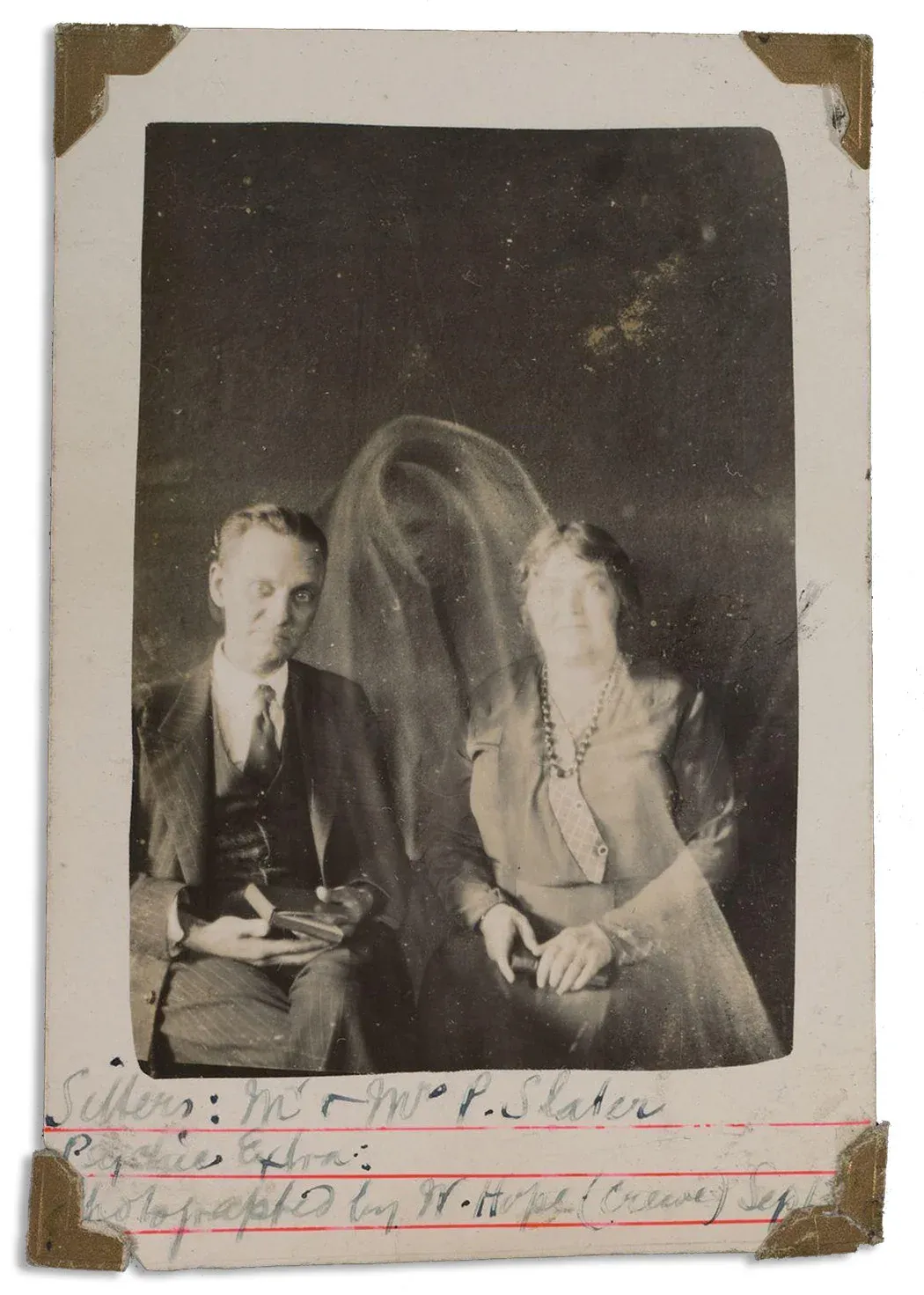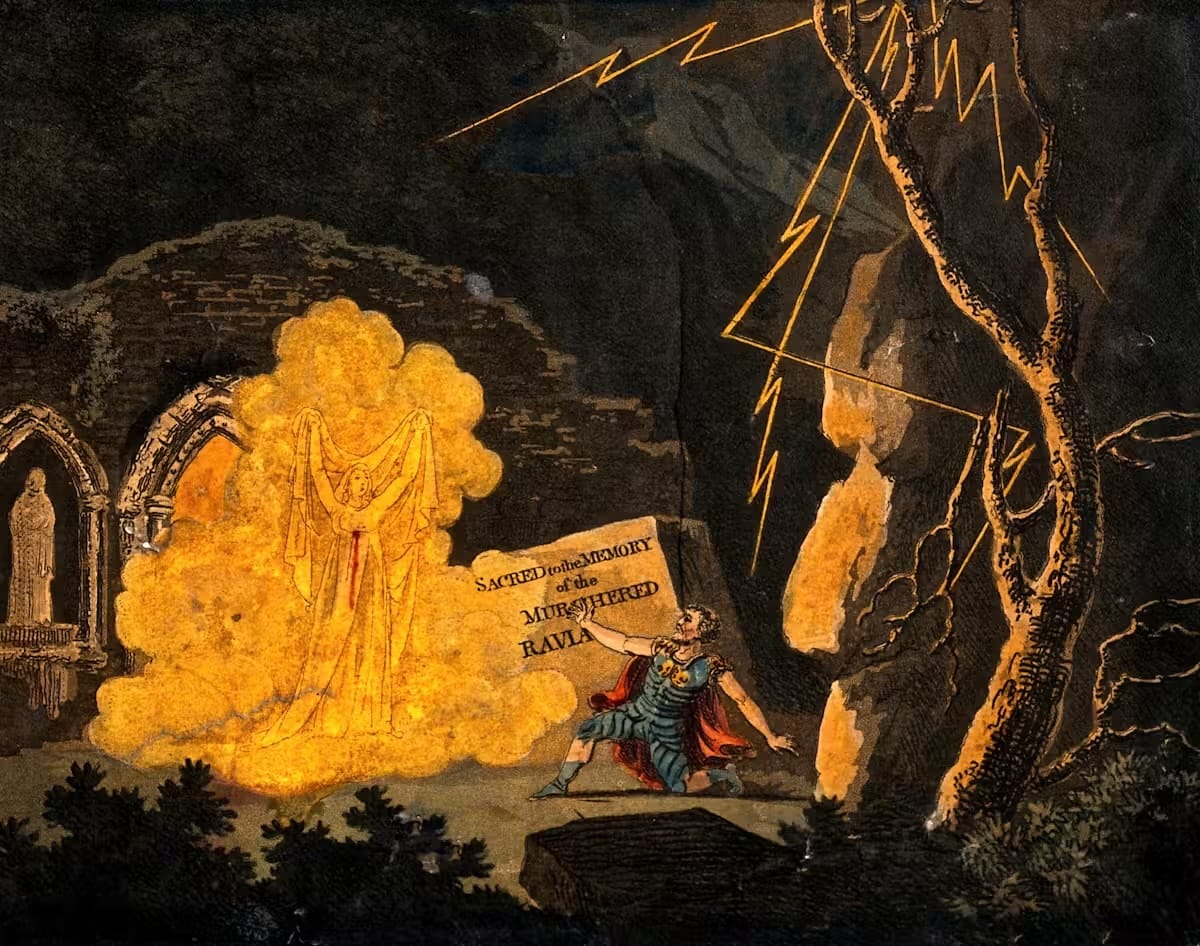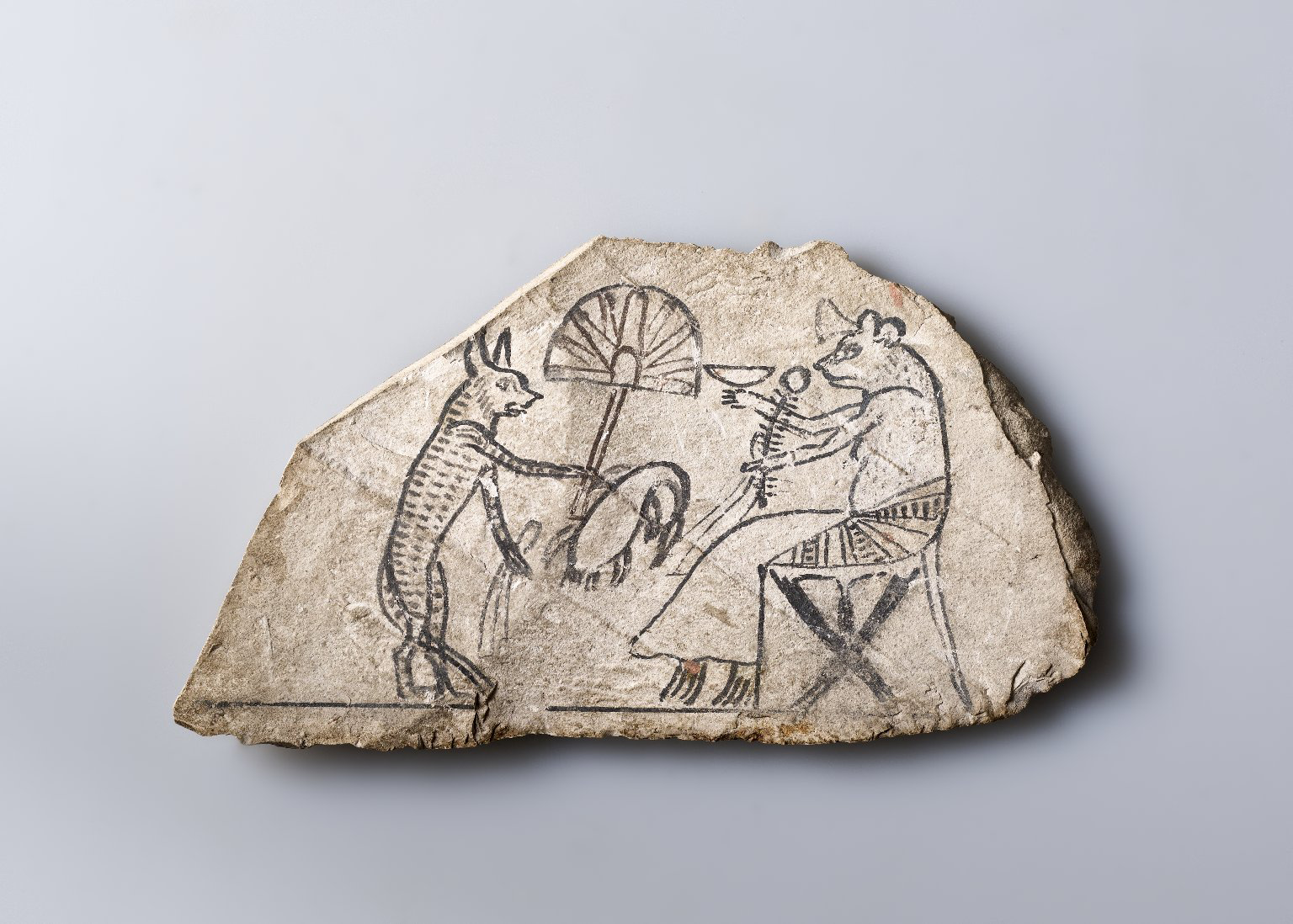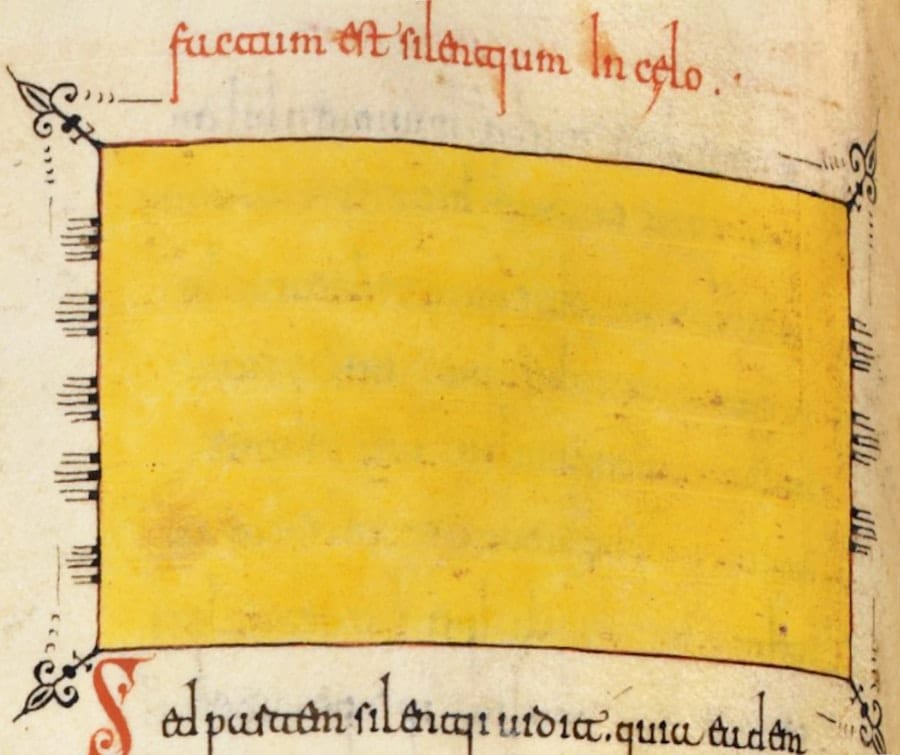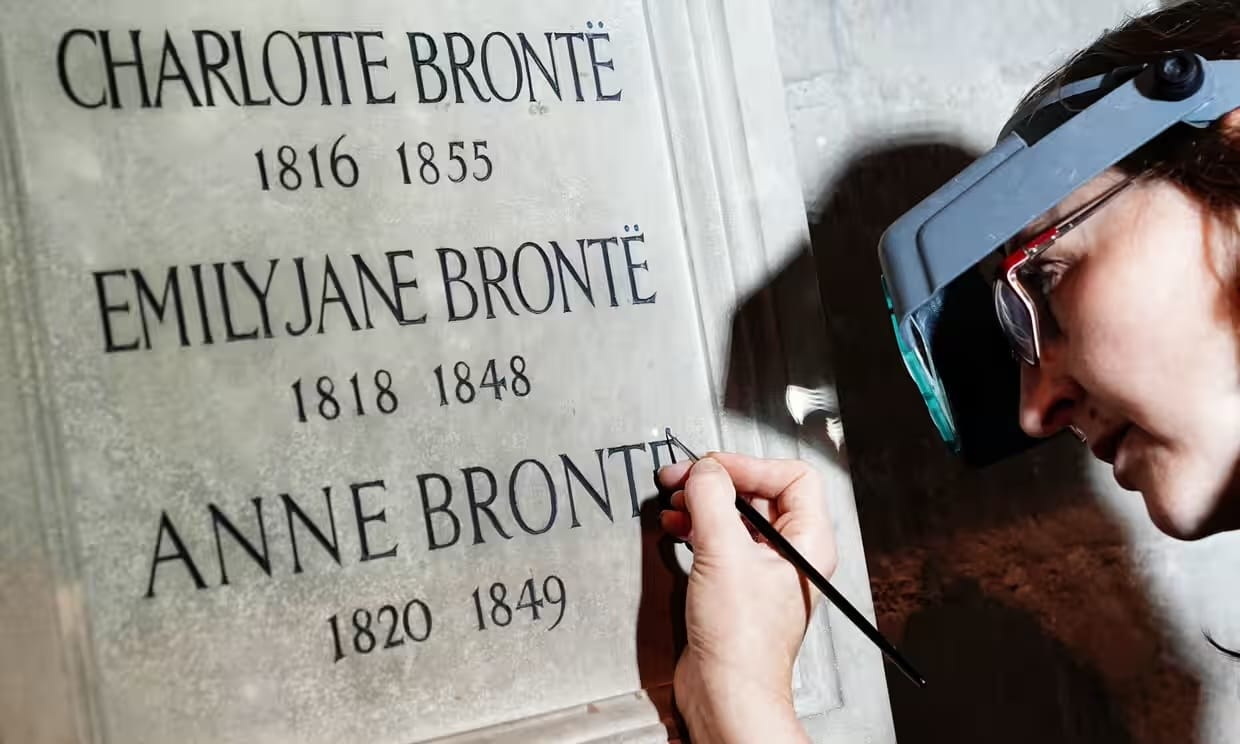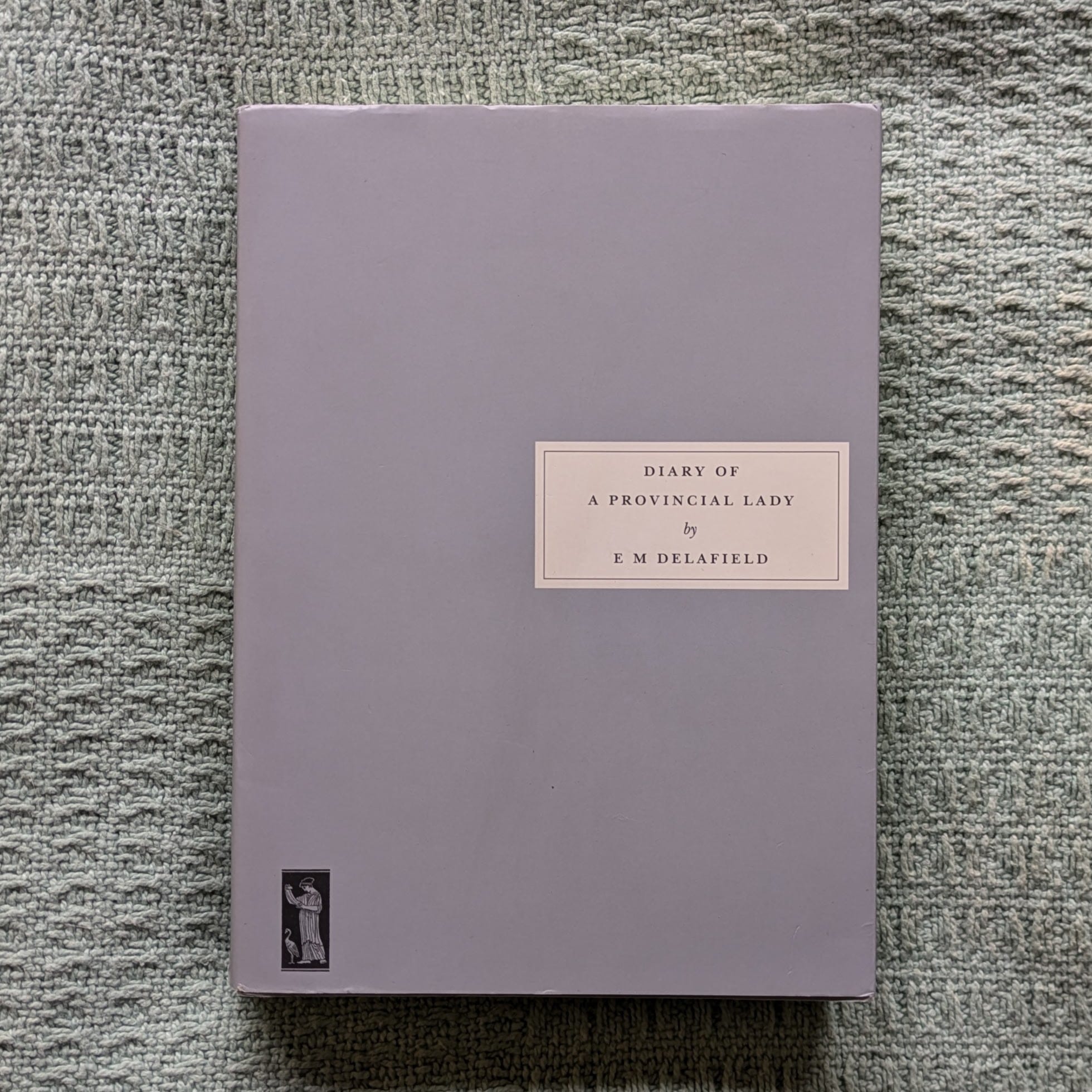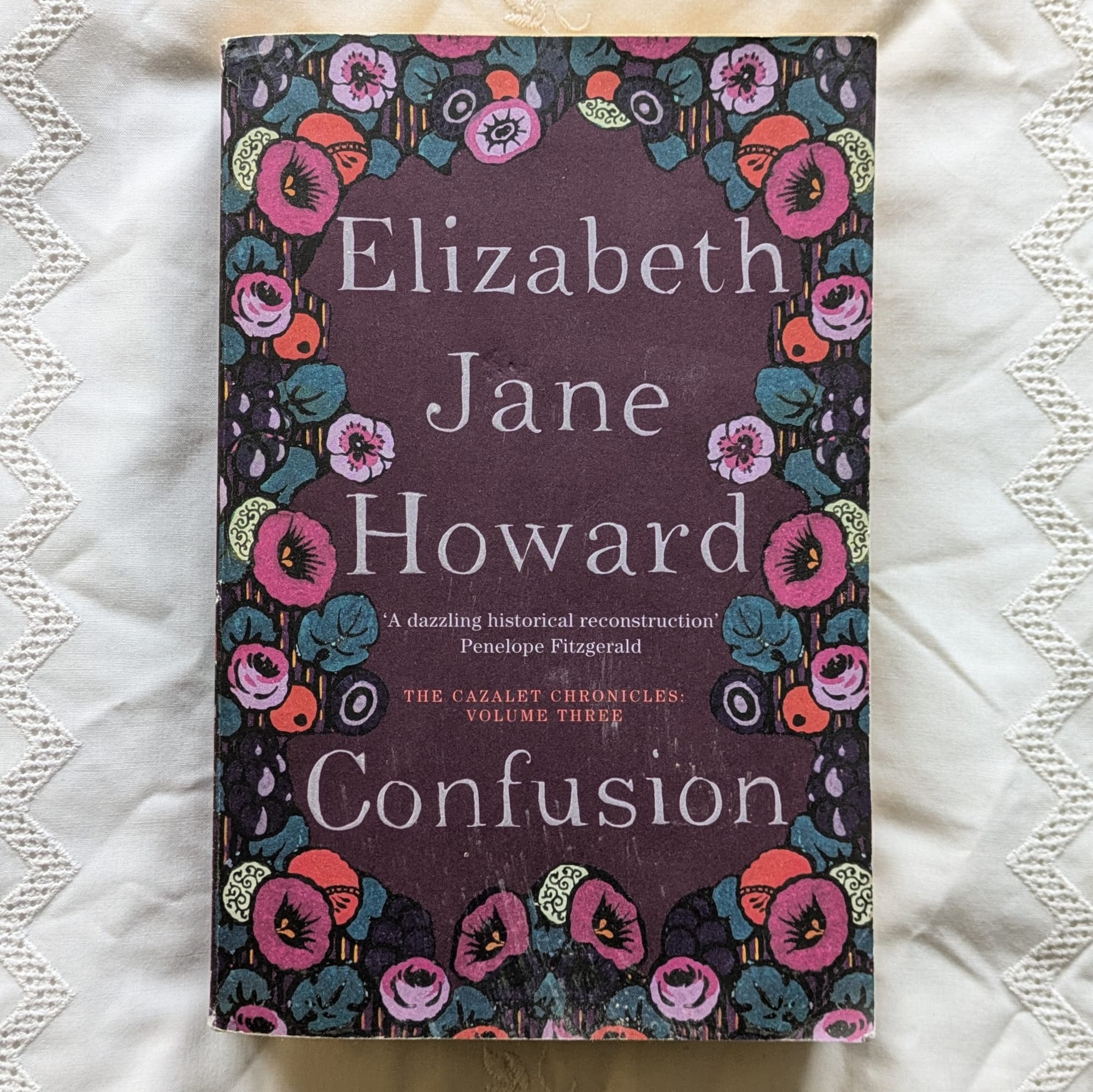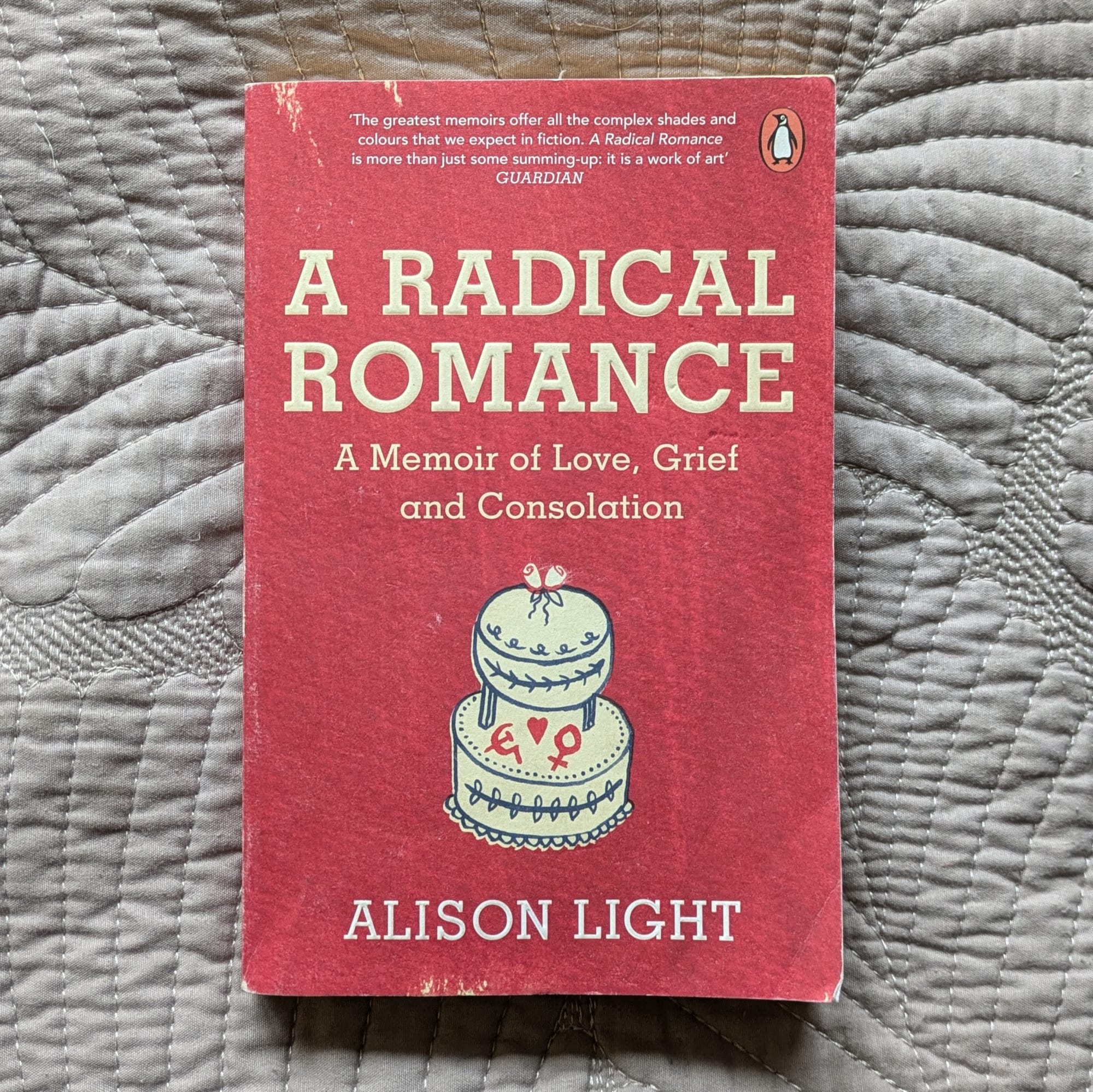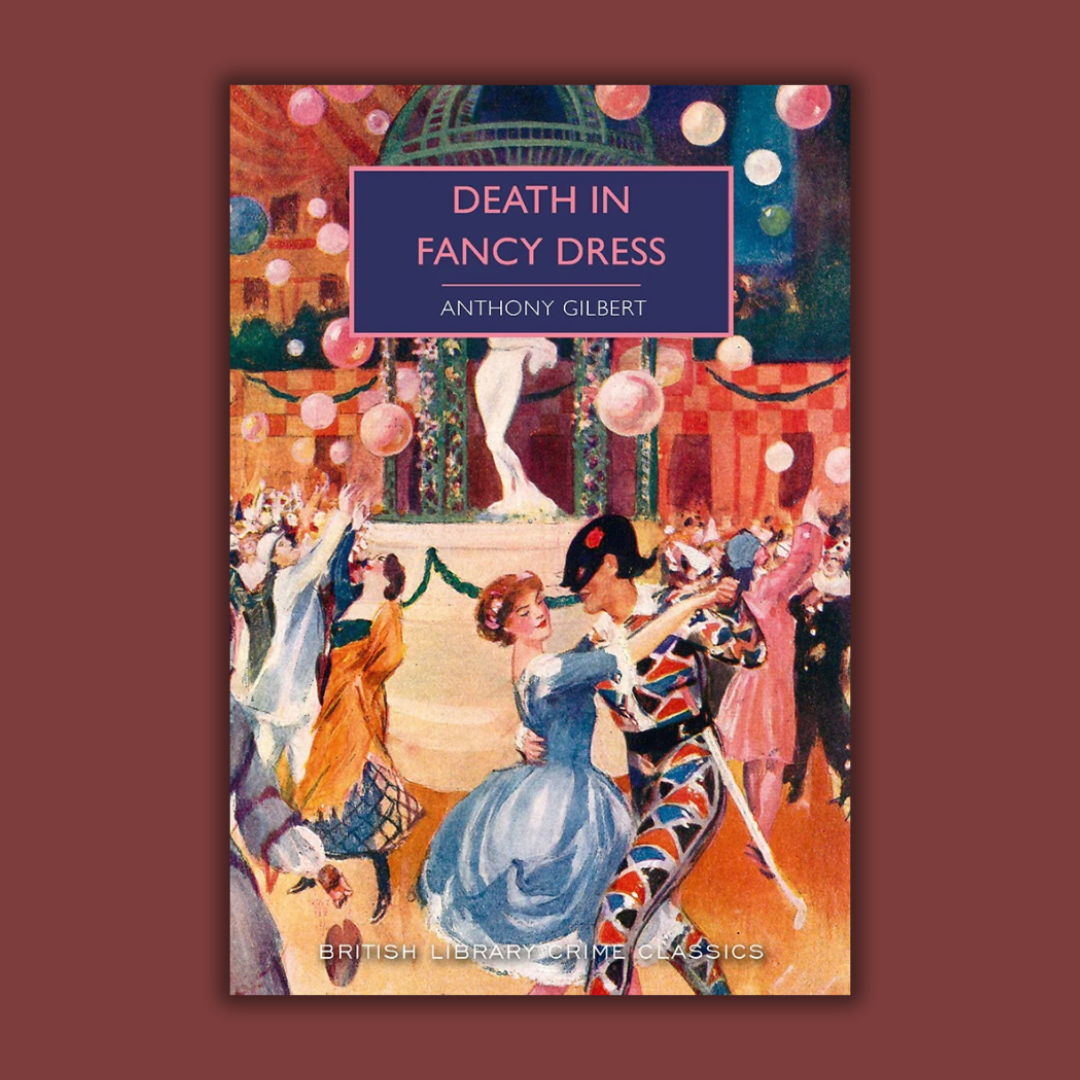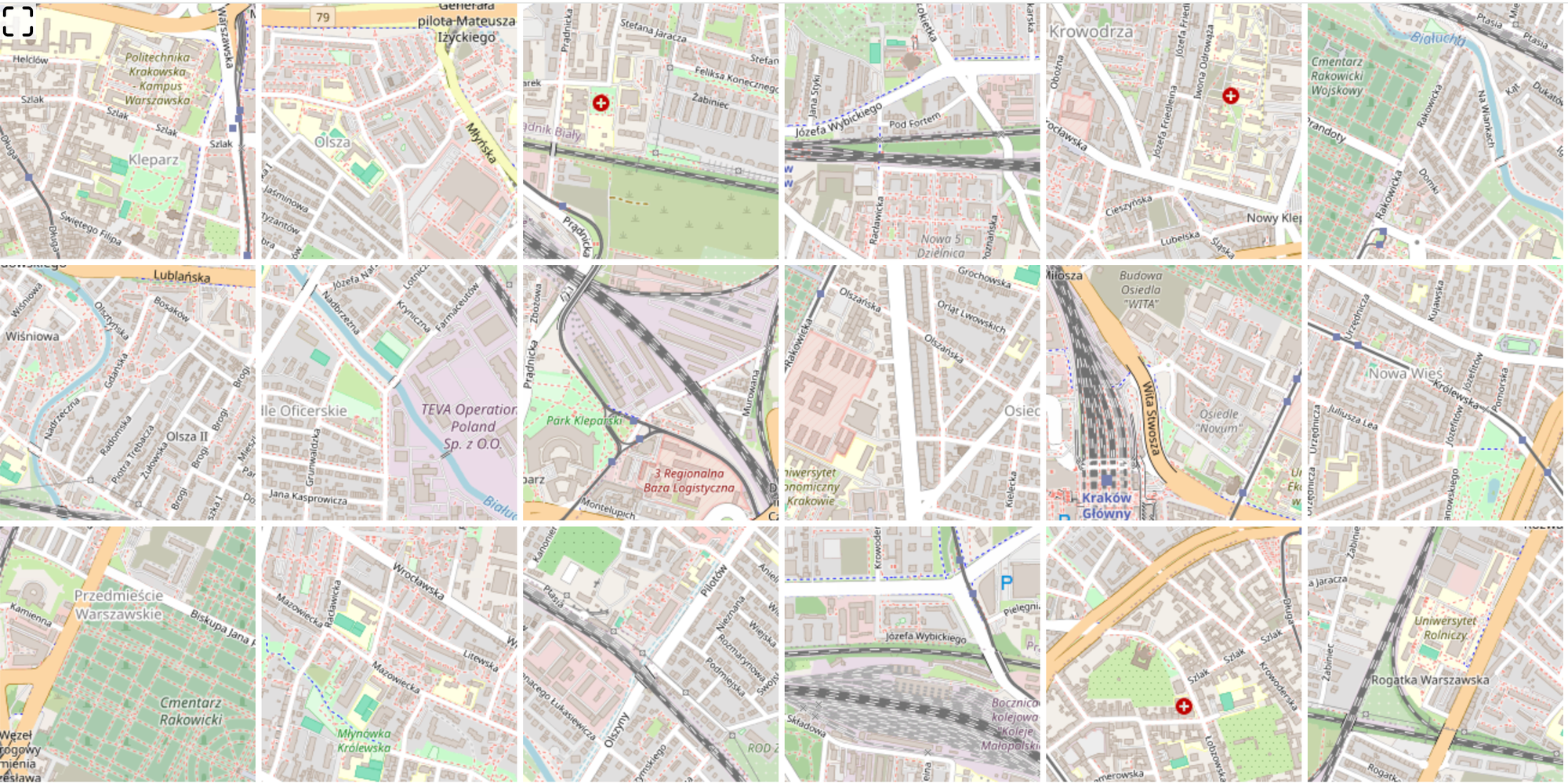Secrets, Spies, Styles: What I Read in October 2024
Dear friends,
October was a disrupted month of reading for me. I spent a good chunk of it dealing with a chest infection that not only made me cough a lot, but also stole my ability to concentrate on a book. Thus, I read less than I usually do, and I prioritised lighter, quicker things that my brain could cope with. I had all sorts of plans to read some seasonally appropriate, witchy literature, but it has not happened yet. Maybe next month. If you would like to look back on September's post, you can do that here.
Before we get into it, a plea for recommendations. If you are a picky audiobook consumer like me (ie, sound quality and narration matter greatly to you) please reply and tell me which ones you have enjoyed recently. Perhaps I'm just becoming more fussy, but I've started and then abandoned so many recently for one reason or another, and an audio diet of only podcasts is not doing my brain any good. I truly don't mind whether it's non-fiction or fiction, and it can be from any genre at all — I just want something I can bear to hear all the way through.
A reminder: the books listed below are ones that I read in their entirety, either for pleasure, for a book club, or as part of a longer-term project. I skim a lot of others or read portions of them as I'm working on articles and podcast scripts, but I'm not counting those as fully "read" for this purpose. I'm presenting them in the order in which I read them through the month.

A Wound Deeper Than Pride by Ali Scott
It is one of my ongoing goals to read every single Pride and Prejudice continuation in existence. This one was new to me and I liked the sound of its premise: it is set not after the plot of Austen's novel, but diverges from it midway through. It imagines what might happen if both Elizabeth and Darcy left Kent after his disastrous first proposal and then met again shortly afterwards in London. This happens when she is nearly run over by a carriage outside his house, neatly setting up a "second chance" plot.
This isn't one of the best continuation contenders I've ever read — Longbourn by Jo Baker is much more creative, for instance — but it suited my bedridden brain very well during my chest infection. Obviously the outcome is a foregone conclusion, but I liked the enhanced role for Maria Lucas in this version and spent a pleasant hour looking up Regency-era maps of the streets around Grosvenor Square to understand how the carriage accident would have happened.
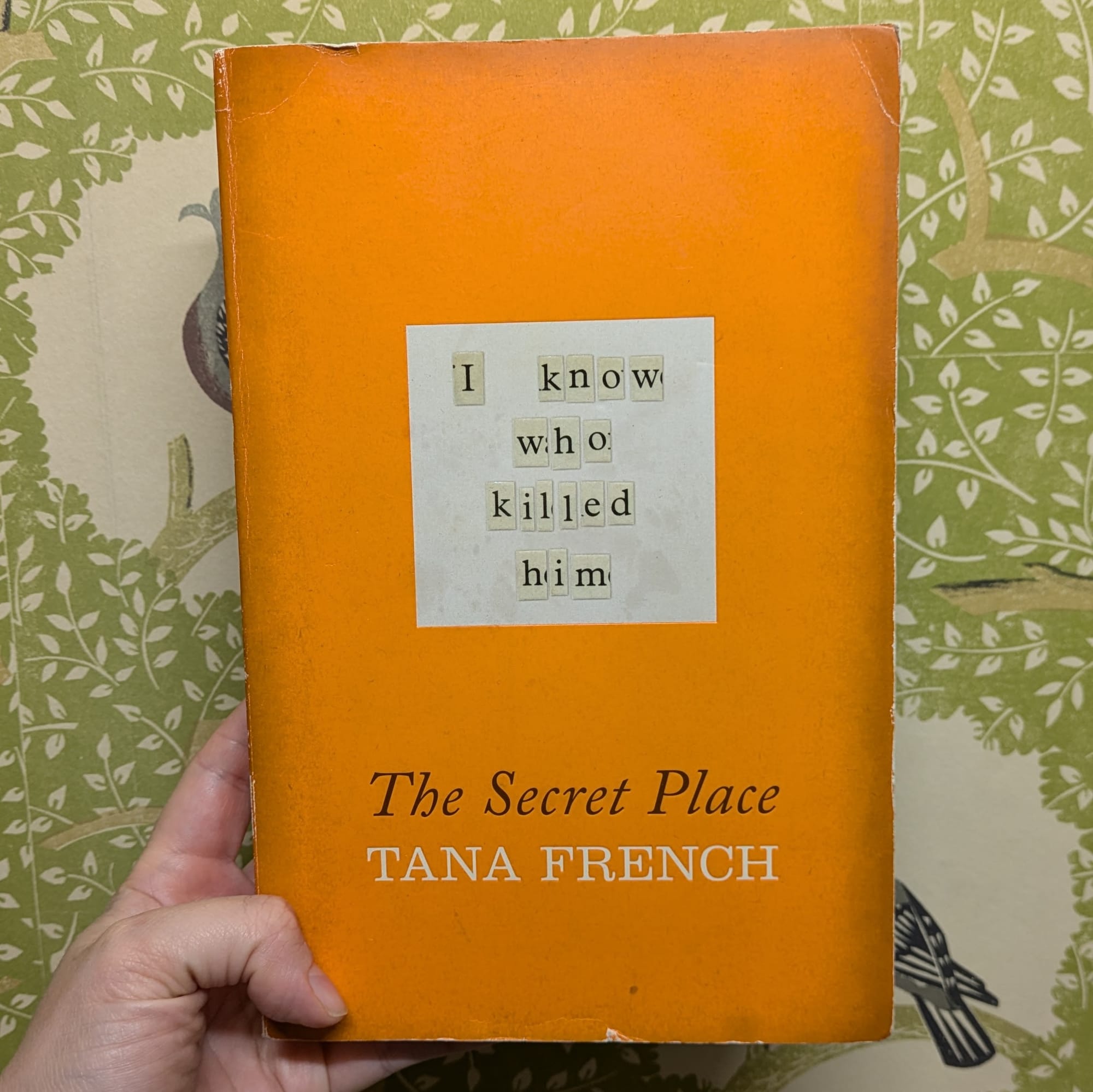
The Secret Place by Tana French
This is the book that the Shedunnit Book Club is reading in November, so I read it early to prepare the bonus podcast episode I was making about it. I thought I had podcasted about the book before in the SRSLY days, but I can't find any evidence of me done so — maybe I'm having a Sinbad moment. Anyway, I loved this Irish crime novel from 2015 about a group of teenage girls at an upscale Dublin boarding school and how they fare after a lad from the corresponding boys' school is found dead in their grounds.
The overlapping chronologies, the highly specific noughties fashion and slang, the hint of the unexplained, the clique-y friendships... It feels wrong to say that a book with some dark elements was a "joy" to read, but it was. To my mind, this is Miss Pym Disposes for the twenty-first century. Given that I have had Tana on Shedunnit to talk about how much she loves Josephine Tey, that comparison feels especially apt.
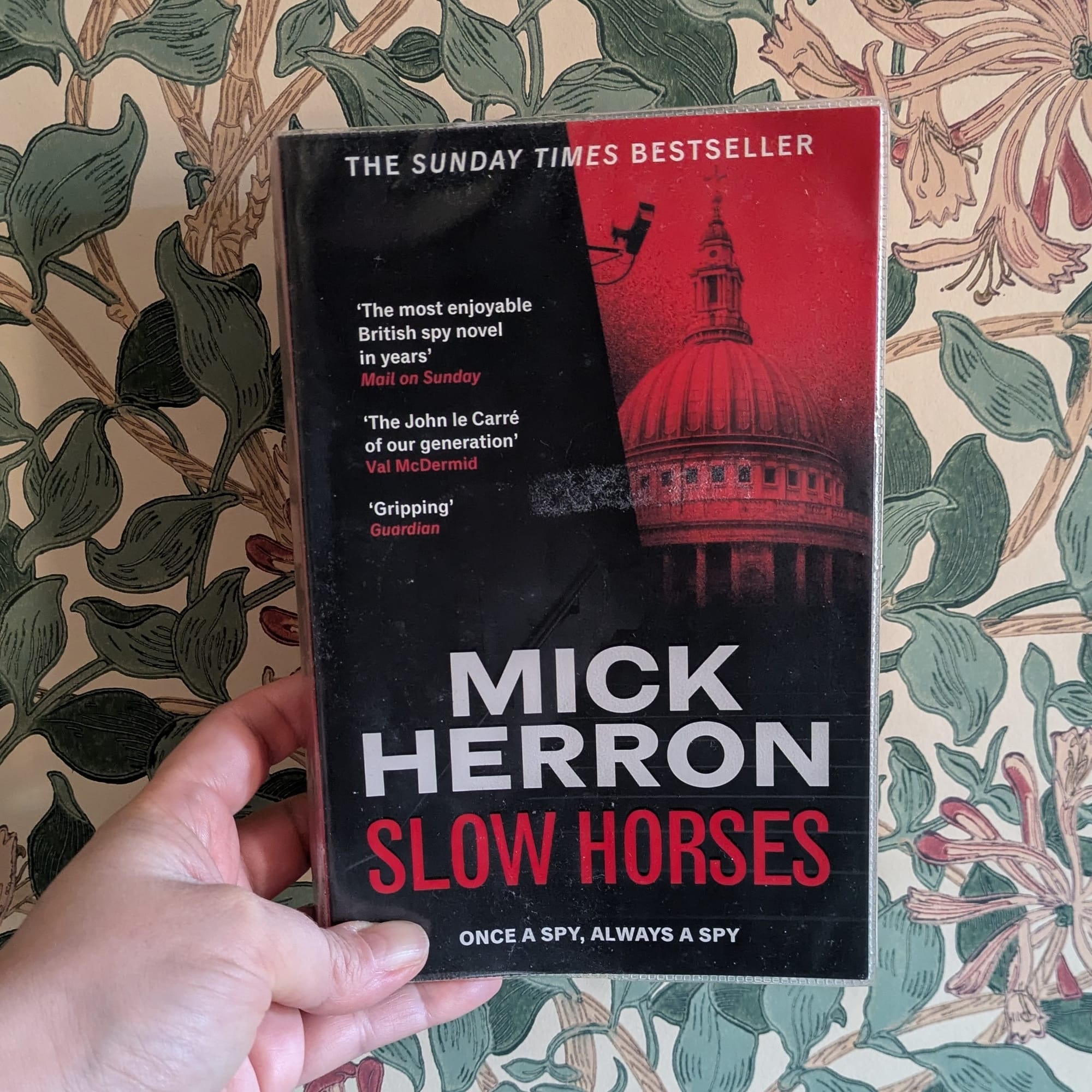
Slow Horses by Mick Herron
I have watched the Apple TV+ adaptation of this modern-day espionage book series, but unlike everyone else I know I thought it was just OK (and declining in quality season by season). Several people whose taste I trust insisted that the books were much better, though, so I gave this one a go. And they were right! I agree, Herron's spare, occasionally lyrical prose really does elevate the premise.
I appreciated the additional space for character back story and development in particular (this material is almost completely lost in the TV series). The section where a pair of young MI5 operatives talk about how the 7/7 bombings were the catalyst for them wanting to join the service is quite moving, as were some of the revelations about protagonist River's relationship with his mother and grandfather. And the Le Carré-esque psychodrama within the service was much tenser and more shadowy than on screen. I'll definitely be reading the next book in the series, once I get off the library waiting list.

Rivals by Jilly Cooper
For no good reason that I can name, I had always mentally pegged the work of Jilly Cooper as "not for me". Even though I read plenty of romance fiction both old and new, and I've heard her sharp prose and journalistic skills of observation praised for years. But the new TV adaptation of Rivals on Disney+ was perfect sickbed viewing. It's rare that I watch all the episodes of something based on a book and don't then read said book. So I did. And it was magnificently silly and fun.
If you had asked me prior to the single day in which I gulped it down if I wanted to read a novel primarily about commercial television franchise renewal in the 1980s, I would have said no. Now, I think this is the perfect backdrop for a set of awful people to be entertainingly awful to each other. Do I ship Taggie and Rupert? A bit, yes.
However, I'm still not sure that I'm a full Jilly Cooper stan yet. There was a chapter preview for another book included at the end of this ebook (from Tackle! I think) and I did not vibe with it all — a lot of shouting about horses and betting lingo that I did not understand. I am definitely not a horse girl. If anyone who knows her work well has a "you loved Rivals so you'll love X" type of recommendation for me, I'm all ears.
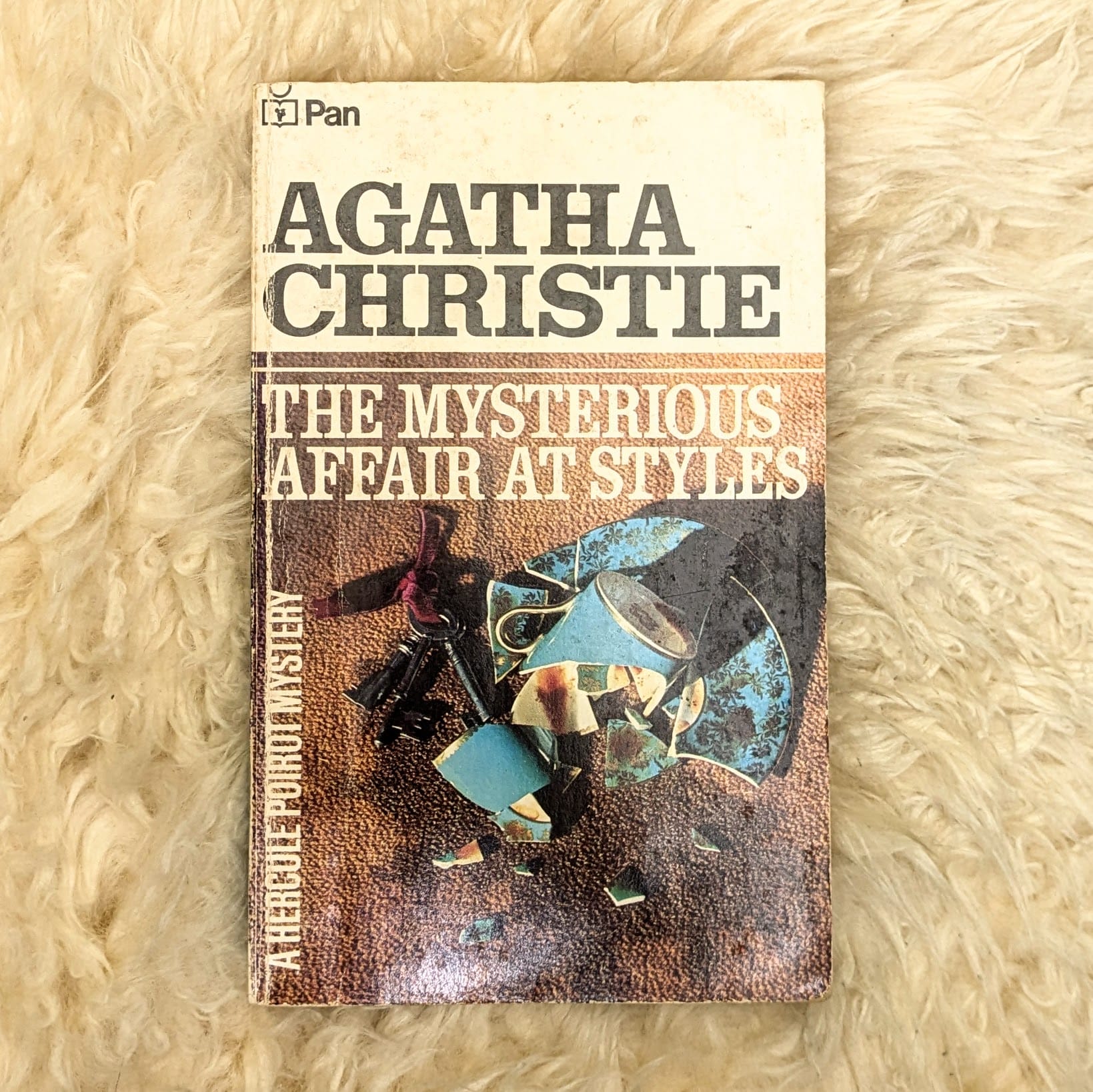
The Mysterious Affair at Styles by Agatha Christie
I reread this, Agatha Christie's first detective novel from 1920, for an upcoming episode of Shedunnit. My thoughts will shortly be available on the show in full, so I won't spoil them too heavily here. Suffice to say, I can't think of a better debut by an author who went on to great success.

Holy Disorders by Edmund Crispin
Another podcast-related read and one of many Crispins that I have read this year (with so many still to go). I'm trying to read all of his work before I make an episode about him. This one from 1945 concerns shenanigans in a small cathedral town and repeated murderous attacks on organists. Perhaps it is because I've overdosed on his style a little, but Crispin's comic flair was beginning to feel a bit brittle in this one and the meta, self-referential footnotes annoyed me on occasion. Still, a decent read from the tail-end of the golden age of detective fiction.
There we have it, my reading for October. For those who are interested in the data, that was six books, bringing me to a total of 92 for the year. If you would like to follow along in real time, you can see what I'm reading at any given moment on the Storygraph. I just use that as a tracker, though, I don't publish any reviews there.
Thanks for reading this far. If you would like to adjust what kinds of post you receive from me, you can do that in your account menu.
Until next time,
Caroline
Links to Blackwell's are affiliate links, meaning that I receive a small commission when you purchase a book there (the price remains the same for you). Blackwell’s is a UK bookseller that ships internationally at no extra charge.
Filed under: Reading Updates, Blog